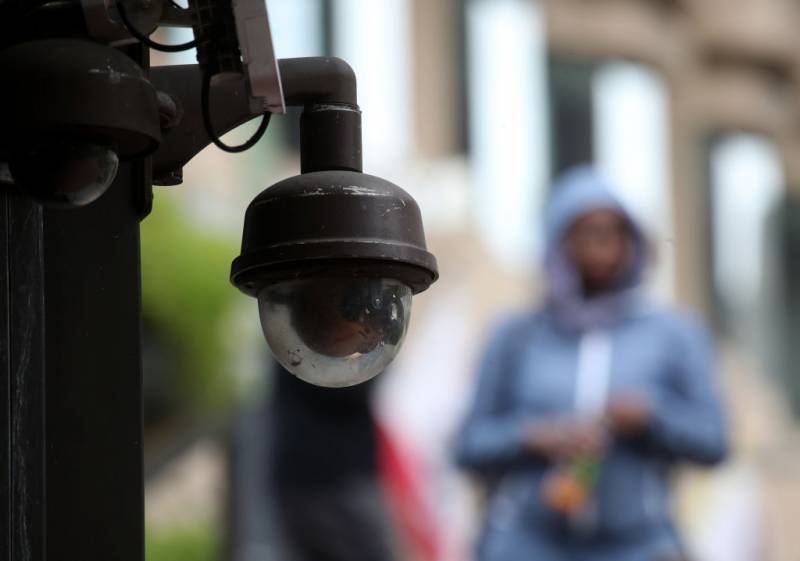Civil liberties activists are suing a firm that provides facial recognition services to law enforcement agencies and private companies around the world, contending that Clearview AI illegally stockpiled data on 3 billion people without their knowledge or permission.
The lawsuit, filed Tuesday in Alameda County Superior Court, argues that the New York-based firm is in violation of California's constitution. The suit seeks an injunction to bar the company from collecting biometric information in California and to require it to delete data on Californians.
The company has built “the most dangerous” facial recognition database in the nation, the lawsuit claims, and has fielded requests from more than 2,000 law enforcement agencies and private companies, amassing a database nearly seven times larger than the FBI’s.
The lawsuit was filed by four activists and the groups Mijente and NorCal Resist, who have supported causes such as Black Lives Matter and have been critical of U.S. Immigration and Customs Enforcement policies, which has a contract with Clearview AI.
“Clearview has provided thousands of governments, government agencies, and private entities access to its database, which they can use to identify people with dissident views, monitor their associations, and track their speech,” the lawsuit contends.

